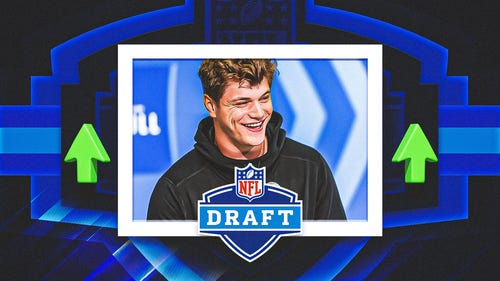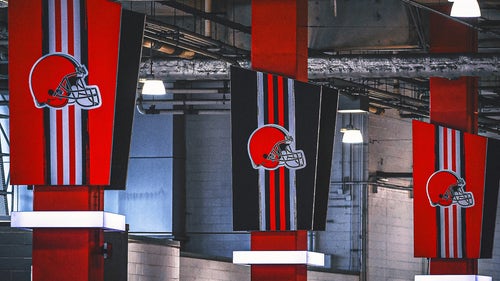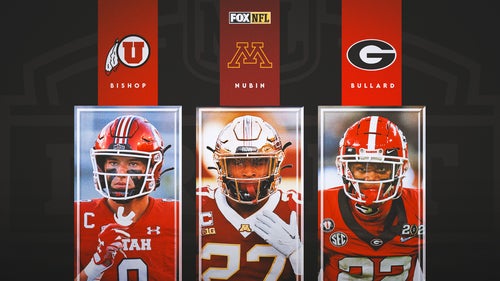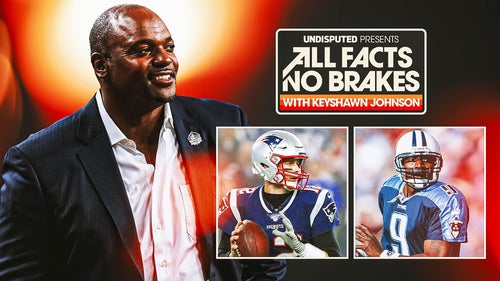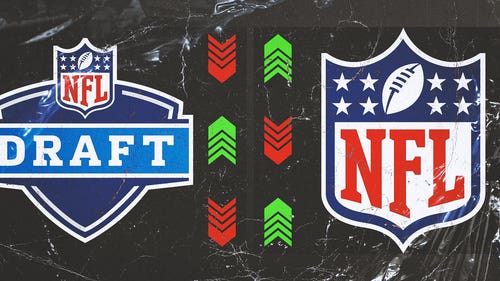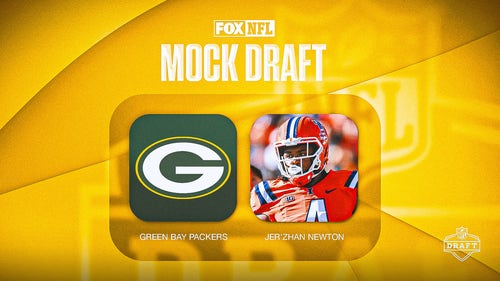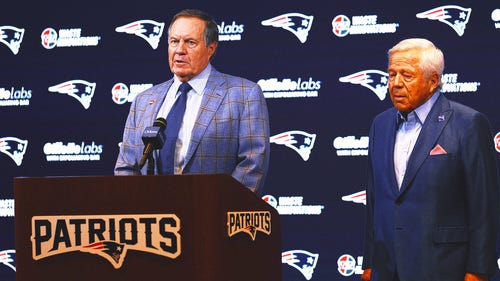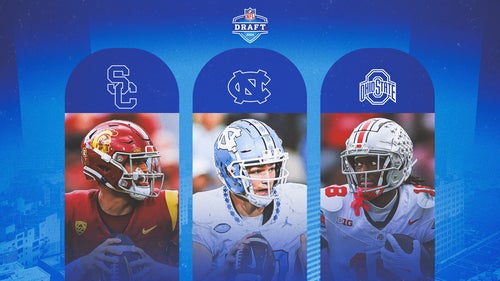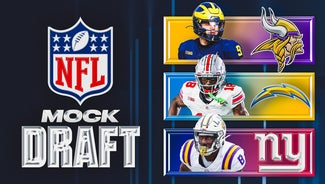
NFL players, owners millions apart
After labor negotiations between the NFL and NFL Players Association collapsed late Friday afternoon, it's no wonder that federal mediator George Cohen said there was "no constructive purpose" in continuing talks about a new collective bargaining agreement.
Both sides provided details of their proposals once the NFLPA opted to decertify as a union and clear the way for player litigation against the NFL. The statements reflected the massive divide that contributed to the first NFL work stoppage since 1987.
First and foremost, the two parties can't publicly agree as to how much of a divide there was regarding the annual $1 billion "expense credit" the NFL sought to help cover escalating costs and stadium funding. Such money would be added to the $1 billion expense credit the league already receives from the NFLPA before revenues are divided.
NFLPA executive director DeMaurice Smith said Wednesday that the additional $1 billion expense credit request was lowered to $800 million, which seemingly marked progress in negotiations. However, NFL counsel and lead negotiator Jeff Pash said Friday that such a claim was "not close to factual."
Pash said the NFL proposed "to split the difference and meet the union in the midpoint" but provided no specifics (media reports have estimated the new number between $650 million and $700 million). Smith said the NFLPA proposed slowing salary-cap growth that would have provided the owners with $550 million of investment revenue for the first four years of a new CBA.
Smith said the NFL proposed a 2011 salary cap of $114 million with another $27 million allocated for benefits. While the benefits package would have risen by $900,000 from 2009 — the NFL didn't have a cap last season — the salary allocation would have shrunk from $123 million in that same year. Smith said the union proposed a $148 million total of 2011 salary cap and benefits, which was $3 million less than the NFLPA's original offer. Smith also said the cap/benefits total would have stood at $154 million if the rules from the previous CBA had remained in effect.
Smith said the NFLPA made another offer that fell upon deaf ears: The return of $1 billion in overall salary annually in exchange for the NFL providing "an equity position in NFL or NFL properties in the same way that companies all across America would turn to their employees to become vested participants in their business."
"We were told by their lawyer a few months ago that his clients weren't interested," Smith said. "When we made that same proposal to them today, we didn't even get a response."
An 18-game regular season and rookie wage scale were two other major issues in CBA talks. Pash said the NFL — which was pushing for an expanded schedule — had agreed to stick with a 16-game format in 2011 and 2012 while promising not to enact future changes without the NFLPA's consent. With Smith publicly opposed to the 18-game schedule, the NFLPA issued a statement Friday night claiming "the NFL kept on the table its hypocritical demand ... despite its public claims to be working toward improving the health and safety of players."
The NFL said that it offered to reduce the scope of offseason programs, limit full-contact practices and increase the mandatory number of off days.
Smith said the NFLPA hadn't agreed to a rookie wage scale but did offer to reduce the money spent on rookie salaries from $1.2 billion in 2010 to $950 million, which was the total spent in 2009. The NFLPA proposed that $100 million of the savings be designated toward benefits for veterans who played in the NFL before 1993. The remaining money would be allocated for active veterans and players who are outperforming their rookie contracts.
Smith said the NFL offered only $32 million in extra benefits for pre-1993 veterans who didn't play under the CBA system. The NFL claims it planned to provide $82 million in 2011 and 2012, make improvements in medical care for players with major health problems and offer current players the chance to remain in the league's medical plan for life. The NFL remains unwilling to guarantee player contracts but offered to guarantee as much as $1 million in salary for the contract year after a potentially career-threatening injury was suffered.
The NFL issued a statement asserting that an unspecified amount of money saved from reduction in salaries for first-round draft picks would be reallocated "to veteran players and benefits." The league also claimed their proposal would provide equal or greater salaries for players chosen between rounds two and seven.
"We moved off of our wage scale and offered to do a rookie compensation system within the context of a hard rookie cap as the union had proposed which would preserve individual negotiations and maintain the role of agents in the process," Pash said. "(It's) evidently not good enough."
Neither were 17 days of negotiating with a federal mediator in trying to prevent the mess that CBA negotiations have become.






































































































































